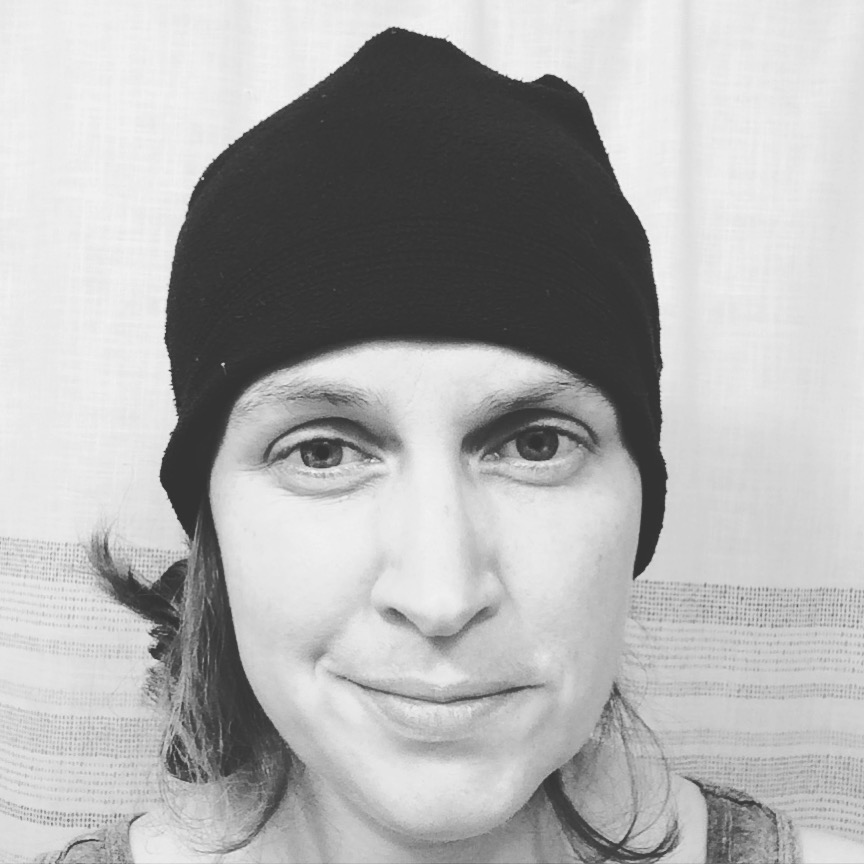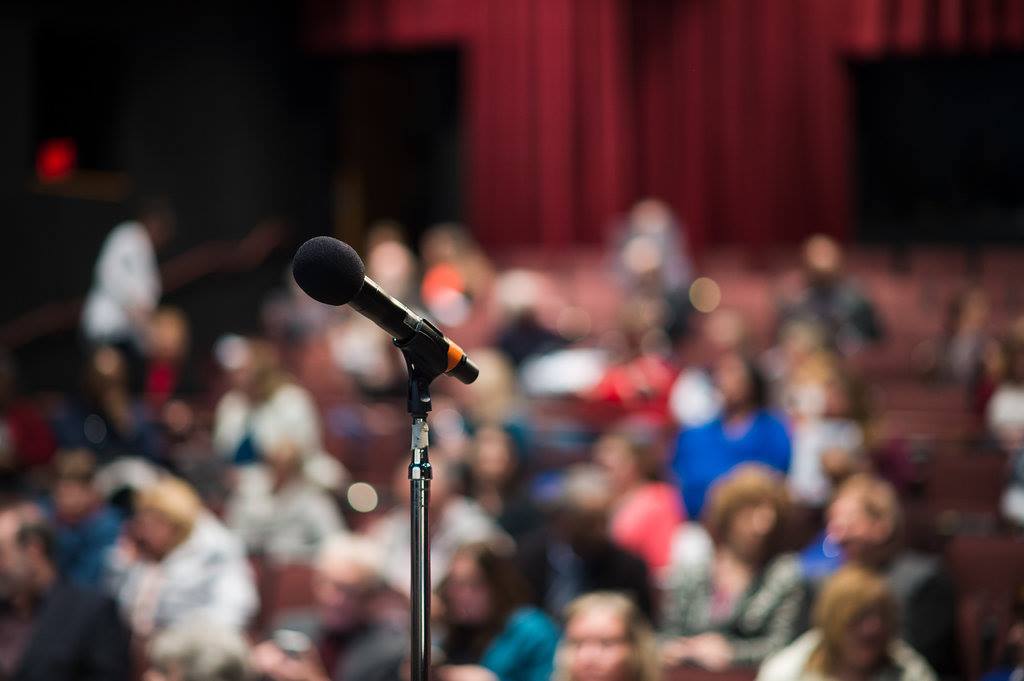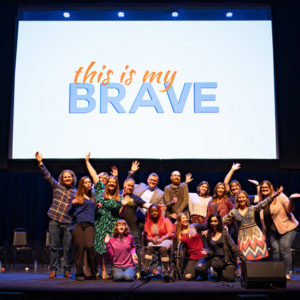Our Demons Are Friends
A guest post by Jill Dabrowski
I don’t know you.
But I am still worried about you. I hear the depth of your depression. I see you sitting there so very strong when all you want to do is curl up into a ball and cry.
I know you don’t want to feel this way and you wonder if it will ever get better – if you will ever not feel this deep dark ache inside. I silently send you strength and hope beyond hope that your darkness will break.
I don’t presume to know your situation. And I cannot say with any certainty that I have anything beneficial to offer to you.
But what I can tell you is this. I know darkness. I am intimate with despair. There are times I have courted death and looked for an escape. My shoulders are familiar with the weight of desperation. And I have thought many a time that I had no place here on this earth.
With all that being said, I will still say I don’t know how you are feeling. I haven’t danced with your particular ghosts and demons. But I have a feeling they may be good friends with my own.
Almost two years ago now I found myself deep in the bottom of a well. I saw no light and could not even imagine how I might get out. I felt like others were foisting shovelfuls of dirt on me because they could not see me or hear my muffled screams for help (or perhaps because they did not want to). I felt like I deserved to be in that darkness. I was certain it was where I would perish – suffocating on the silence.
But there was still a flicker of light I could see on occasion, a spark of hope that I could still feel when I genuinely connected with others or when the rain washed away a bit of the sadness that I felt encapsulated me. The times when my children would hug me tightly and I could sense they were seeing the me that existed somewhere beneath all the layers of shame and desolation.
And so I sought help – or rather, more help. I was already seeing, and potentially overwhelming, a dedicated and caring therapist. I took an endless litany of antidepressants and anti-anxiety medications.
My depression had been labeled “intractable” by that point. And I was relatively certain it would never lift. I had been diagnosed with Complex PTSD and Major Depression, as the Postpartum Depression label ebbed into the background.
With all of this baggage weighing on me, I started calling partial hospitalization programs. I asked what they did and what they offered. How many individuals were in the groups and how long people usually attended. I inquired about daily schedules and if alternative therapies were utilized. I called and I listened.
After stumbling on one program that integrated Eastern and Western medicine practices, I made the difficult decision to ask for a referral. I was waylaid in traffic on my way to see my psychiatrist and when I arrived, I was told it was too late and my appointment had been cancelled.
I nearly collapsed to the floor, sloppy tears streaming down my face. A kindly nurse offered me a seat and an appointment in several hours. I was at my breaking point, fully aware that if I left without the referral I might not ever return. To say my outlook was bleak would be a substantial understatement. Hours later, I returned home, referral having been made and calls to facilitate my admission completed.
Several days later, I pulled into the parking garage questioning my decision. I was terrified and anxious. Any optimism I initially felt had suddenly ground to a halt. The flicker that existed a few days prior had dwindled down to barely glowing embers. I took a deep breath and stepped inside.
Over the next few weeks of an indescribably cold winter, I started to thaw. I stumbled and I sobbed. I laughed and I raged. I felt things I had been avoiding and dancing around for years. But through it all, I was all in. This was a chance I had given myself and I knew I needed to take it. We meditated. We painted. And we talked. A lot. My insurance deemed me “better” after just two weeks (which I was able to stretch out for a few additional days).
This was not a panacea.
I did not walk out the program “healed” in any sense. I was still broken. I was barely floating on the surface of my depression. My bones ached. I was leveled by anxiety on an almost daily basis.
But, I also could start to see bits of light on a more consistent basis. I knew I had taken the right steps to find the path back to me. And while it initially felt selfish and ridiculous and I was not certain I “deserved” any help, I also came to accept that for the six hours a day while I was there, I could focus on making my way out of the darkness.
That was just the first step. There are still many days I stumble with my gaze affixed to the ground. I wonder if it was worth it or if I will ever not know the darkness so intimately.
The truth is I do not know. But I do know that feeling leveled and aching with depression is a horrible way to live. And I believe that there are paths of healing available to all of us even though they may not always be easy to locate.
We have to feel. We have to muddle our way through. The path looks different for everyone. I hope you find your way and I hope you ask for help when you need it.
You are not alone. When it feels like there is no way out, I hope you reach out rather than pull in. So many people love you and want to be there to help you, though I am fully aware that from the inside it may not feel that way.
You have a story to tell. Don’t let go. Let your beautiful voice be heard.

About the author
Jill spends much of her time chasing children, chickens, and dreams. She runs and writes and meditates and still finds time to wish on dandelions and falling stars. Jill feels too much and sleeps too little, but is rather accustomed to the imbalance. She is actively working to become more comfortable in her skin, scars and all.

